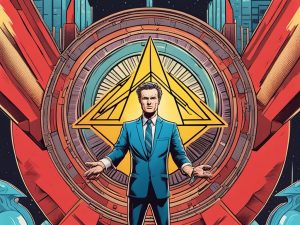Hollywood Writer’s Strike Pays Off
– U.S. District Judge Beryl Howell affirms U.S. Copyright Office’s position that AI-generated artworks do not qualify for copyright protection.
– Copyrights are only granted to works created by humans.
– Stephen Thaler’s legal challenge against the government’s refusal to register AI-generated works is denied.
– Judge Howell emphasizes that human authorship is a fundamental requirement of copyright law.
– Copyright law aims to encourage human individuals to engage in creative activities.
Encouraging Human Creation is the Goal
– Copyrights and patents were conceived as forms of property to promote science and the arts.
– Several lawsuits have been filed alleging copyright infringement by AI companies training their systems on copyrighted works.
– AI-assisted materials may qualify for protection in certain instances if a human has “selected or arranged” it creatively.
– The ruling emphasizes human creativity in intellectual property.
Hot Take
The ruling by U.S. District Judge Beryl Howell reaffirms the importance of human authorship in copyright law and highlights the goal of encouraging human creativity. While AI-generated art may not be copyrightable, it emphasizes the role of humans in intellectual property. This decision has significant implications for the ongoing discussion surrounding AI and copyright, as AI companies may need to dismantle their large language models to avoid copyright infringement lawsuits. The ruling serves as a reminder that copyright protection is meant to incentivize and reward human creativity.

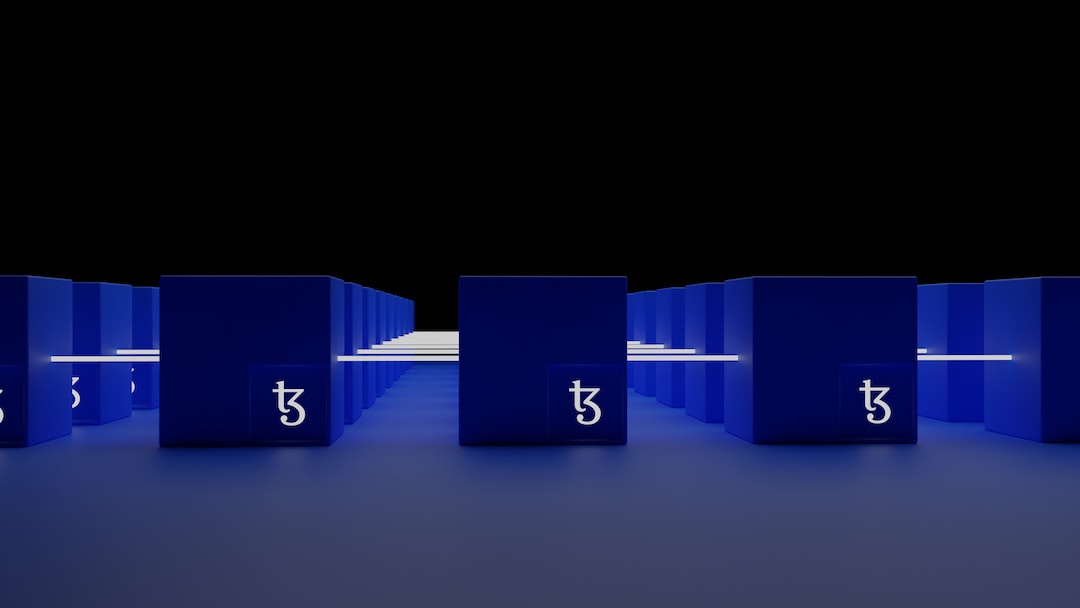
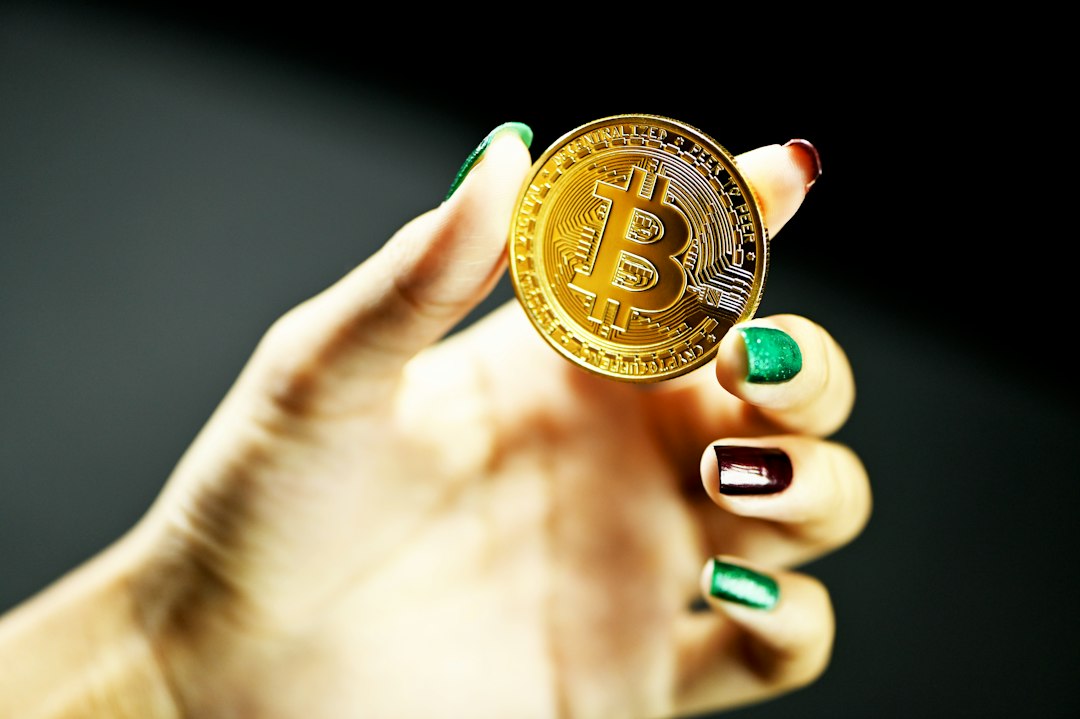


 By
By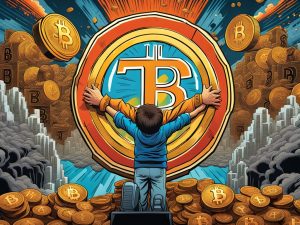
 By
By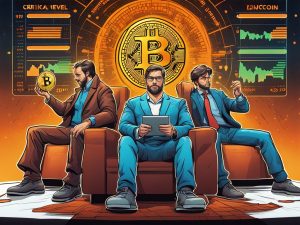
 By
By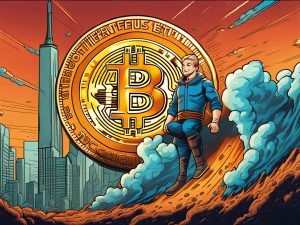
 By
By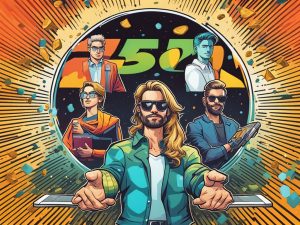
 By
By